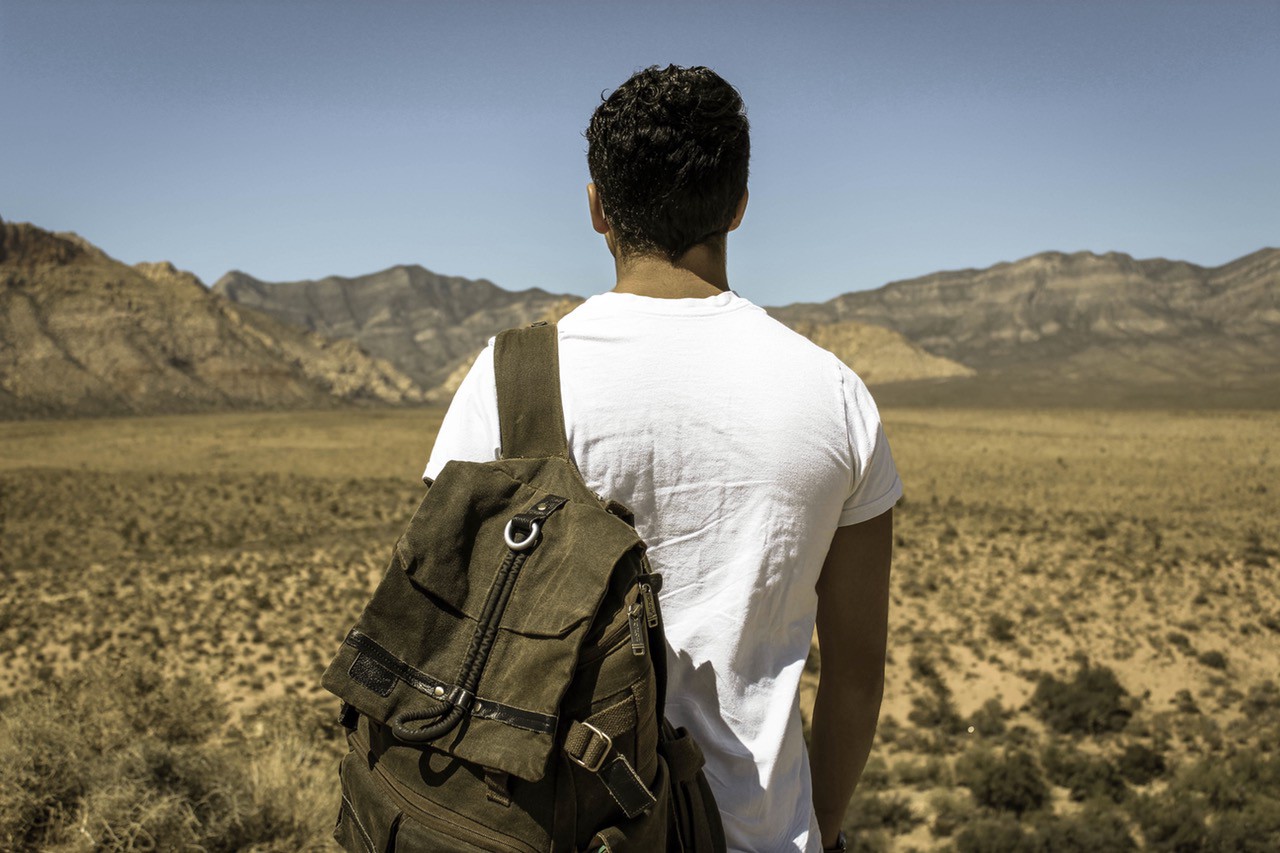As a mother to a couple of high schoolers, my firm faith in my maternal instincts is vanishing. I listen with rapt attention to the results of the Stanford Survey of Adolescent School Experience for my public high school, and the side-bar conversations amongst concerned parents and educators. I wonder, how can our parental instincts be so wrong?
Almost 3/4 of the high school students were stressed by schoolwork, it kept them away from time with family and friends, and, they slept an average of just 6 hours a day! The parents feeling defensive about these statistics, complained. “You know, kids don’t really listen to their parents” they rebutted. This is what the parents heard when they nudged their children to rest: “Nobody I know in my school goes to bed at 10:30 pm Dad.”; “I will fall back on my grades if I don’t finish Mom”; “My body is different Dad, I feel fine with 6–7 hours of sleep, really!” And yet, the survey seemed to tell a different story.
I will be honest, parenting high schoolers is perhaps one of the most humbling experiences. The journey has been a personal metamorphosis, from a somewhat arrogant, “When I have kids, they will do as I say, because I would have raised them well”, to “I feel the pain, to watch helplessly, as the kids make some bad choices. They seem to have a mind of their own”, to now, “Have I been a good parent in enabling my child to survive and thrive in this world? My child seems lost and so am I.”
Are we unable to find that beautiful balance between determination and banging one’s head against a brick wall; reaching for the stars, but keeping feet firmly on the ground; striving towards one’s potential, but preserving the flame of self worth? And what is the role of parents in helping shape that? The students feel lost and alone, like a rudderless ship, sometimes choosing to tragically end it.
When do we know it has gone too far, as when the firm voice on the GPS might remind us to “pull over”, or “make a U-turn”? The statistics don’t offer a comforting picture, with more than 1 out of 3 high schoolers considering, planning or attempting suicide.*
Isn’t the GPS a fascinating piece of technology that tricks us into urgency by always calculating the fastest path to the destination? Sure, no one likes to be stuck, but the idea of optimizing and saving every second is perhaps a philosophy that has seeped deep into our bones. Could we be thinking of our own life and journey and that of our children the same way? If we know what the destination is, we trace back the fastest path to get there from where we are?
Here is my thought experiment…
Deep down, if the destination, the vision for success, we imagine for what our children’s adult lives looks like Sergey Brin, Mark Zuckerberg, or Elon Musk, then the fastest path to get there would be to follow the same trajectory as those role models.
Ultimately we aspire for our children the life that would give them the highest chances for success. At our core, every parent wishes for their child to ‘survive’ and ‘thrive’ in the world.
To thrive in a way that they are not fettered by the most basic of Maslow’s hierarchy of needs: physiological, safety and social needs of the time. The ability to have our children thrive, and the opportunity to pursue the higher order needs such as self actualization: the pinnacle of Maslow’s hierarchy.

That opportunity, we believe is predicated to a large extent by maximizing “what they can be paid for” by the society that they will lead their adult lives in. The alternative being in a situation where “what they are paid for”, does not offer them the luxury of moving beyond the physiological, safety and social needs.
The children today have perhaps internalized some of this thought experiment. They resist their parents’ plea to rest, but feel the pain of being lost, rudderless. They are after all their unique selves, with unique things that they love to do, and unique things that they are good at. By being blind to what makes our child unique, we are using but one lever of ‘hard work’ to morph their trajectory. Using the analogy of the physics of simple machines, we have the opportunity to make the lever of ‘enjoyment’ be an effective fulcrum that makes hard work go much further. And enjoyment is intrinsically linked to what one likes to do, and as unique as the individual.
As a parent, I need the courage to take the time to identify my child’s uniqueness- “what they enjoy doing”, and “what they are good at”, in addition to “what they can be paid for”. And the timeline for discovering “what they enjoy doing”, and “what they are good at”, unfortunately does not fall in line with the timeline our education system has set for them. At 16 or 17, very few children seem to have the fortitude to determine their life’s path and purpose- their Ikigai. God knows, mine don’t!
Originally published at medium.com


